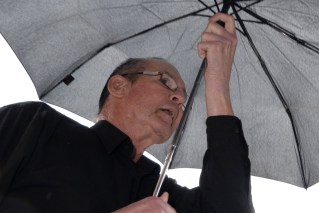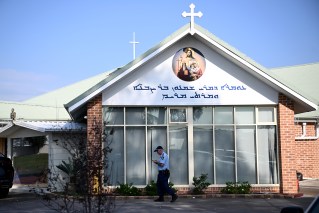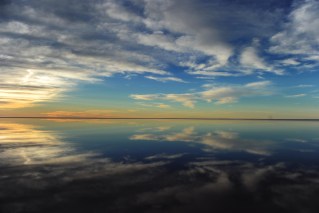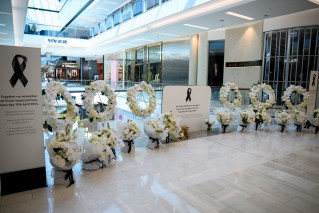Northern Land Council expresses concern over Indigenous voter enrolment
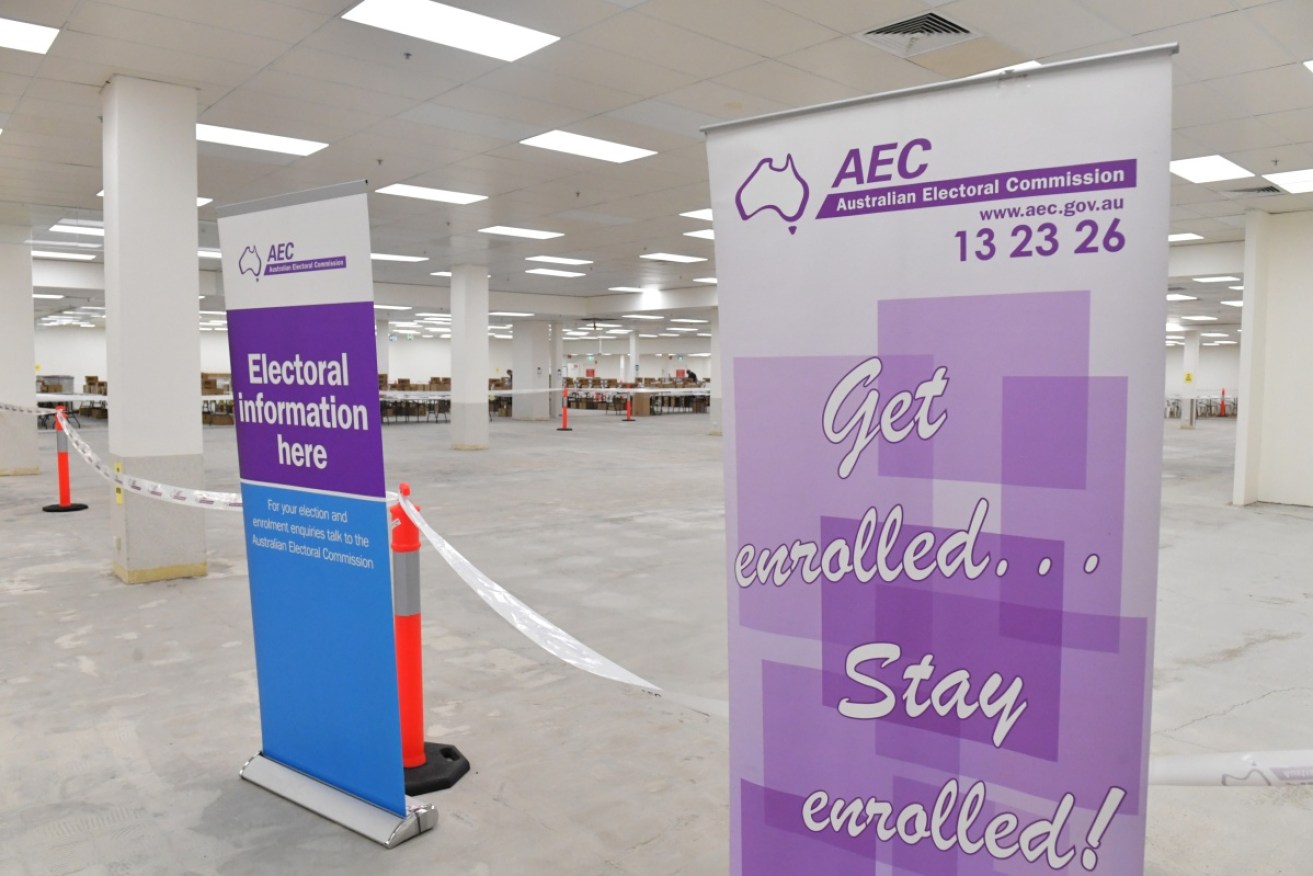
A mining tsar, environmental advocate and lobby group rank among Australia's major political donors with calls to improve funding integrity and transparency. Photo: AAP
A powerful Northern Territory land council has raised concerns about low voter enrolment in many Indigenous communities.
The Northern Land Council says the Australian Electoral Commission has failed to implement the widely used automatic enrolment policy in remote communities.
It means about 30 per cent of eligible residents aren’t on the electoral roll six weeks out from the federal poll scheduled for May 21.
“This whole business that has been going on for far too long,” NLC chair Samuel Bush-Blanasi said.
👉 URGENT NOTICE 👈
The Australian federal election will be held on 21 May 2022.
You must be enrolled by 8pm NT time on Monday 18 April 2022.
The law says you MUST vote in the election.
To enrol, complete the form here: https://t.co/GuK0np5Nsshttps://t.co/Qs9Jo4NsKL— Northern Land Council (@NLC_74) April 11, 2022
“We still see far too many of our mob being left off the roll.
“Any policy that diminishes the democratic rights of one group of citizens diminishes the rights of everyone.”
The NLC said direct or automatic enrolment using data from Centrelink, the Australian Taxation Office and motor vehicle registries had been implemented across Australia to add voters to the electoral roll.
But as many as 40,000 people could’ve been left off the roll in the NT because the AEC hasn’t applied the policy in remote communities.
“This isn’t good enough,” Mr Bush-Blanasi said.
Can’t vote in person? Need a postal vote? Come directly to us! While you might see some communications from political parties about how to complete a Postal Vote Application (PVA) – the quickest & easiest way is to do it direct on our website. https://t.co/FzlbzCvkfX pic.twitter.com/dosd2HAKde
— AEC ✏️ (@AusElectoralCom) April 11, 2022
It comes as the Human Rights Commission continues to mediate a complaint about the AEC’s alleged failure to provide proper enrolment services to Aboriginal Territorians.
Aboriginal Territorians Matthew Ryan and Ross Mandi lodged the complaint in 2021 alleging the AEC had excluded Indigenous people without a postal address from the electoral process.
The AEC won’t automatically enrol these people to vote because it can’t send a written notice to them.
The policy affects many residents in remote Indigenous communities where many homes don’t have mailboxes and most residents rely on a central postal address.
The NLC says the complaint, if upheld, could show the AEC has systematically discriminated against Aboriginal people on the basis of their race and their living circumstances.
About 30 per cent of the NT’s 251,396-strong population are Indigenous.
Across Australia, 17,690,746 people or 96.3 per cent of eligible people are estimated to be enrolled to vote and 657,839 are not enrolled.
The AEC estimates there are 52,755 Indigenous Territorians of voting age and 36,696 or 69.6 per cent were enrolled to vote.
Nationally, 79.4 of Indigenous people are enrolled to vote and the estimated enrolment rate for the whole NT is 85.8 per cent.
“We are absolutely committed to closing the enrolment gap,” Electoral Commissioner Tom Rogers said.
“We’ve worked hard to achieve what has been year-on-year growth that has not only outstripped the broader national enrolment rate but the growth in the population of Indigenous Australians as well.”
The AEC said it was also working to improve its direct enrolment system and had recently completed a trial using email to send notices to new Australian citizens, instead of the post.
The outcomes of the trial are being assessed to see if it’s possible to use email as an alternative to post.
It also emailed or texted about 600,000 potentially unenrolled voters across the country reminding them to enrol. About 19,000 of these were to residents in remote and very remote areas.
“The stimulation event particularly supports reaching remote and Indigenous communities where there are no gazetted street addresses,” Mr Rogers said.
The AEC plans to roll out mobile polling stations in remote Indigenous communities during the election.
“We use 4WDs, light planes, helicopters and occasionally barges to get into remote communities with as few as 20 enrolled voters,” Mr Rogers said.

